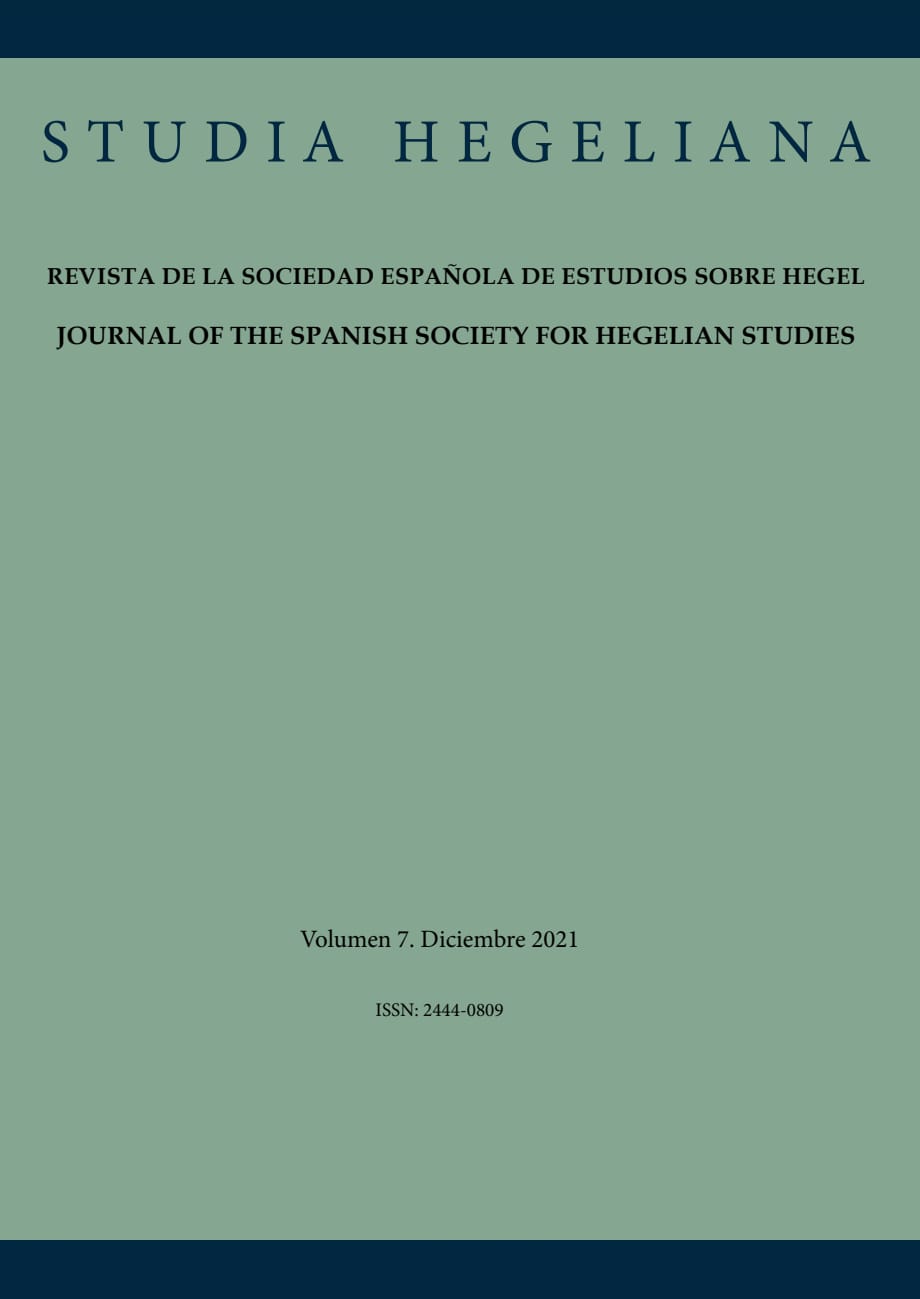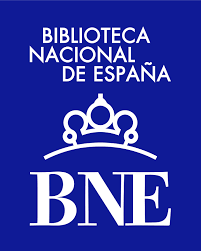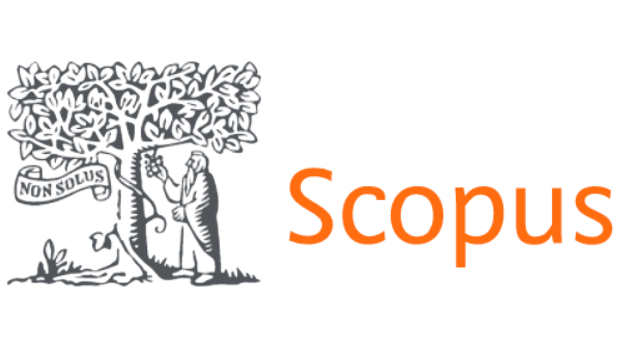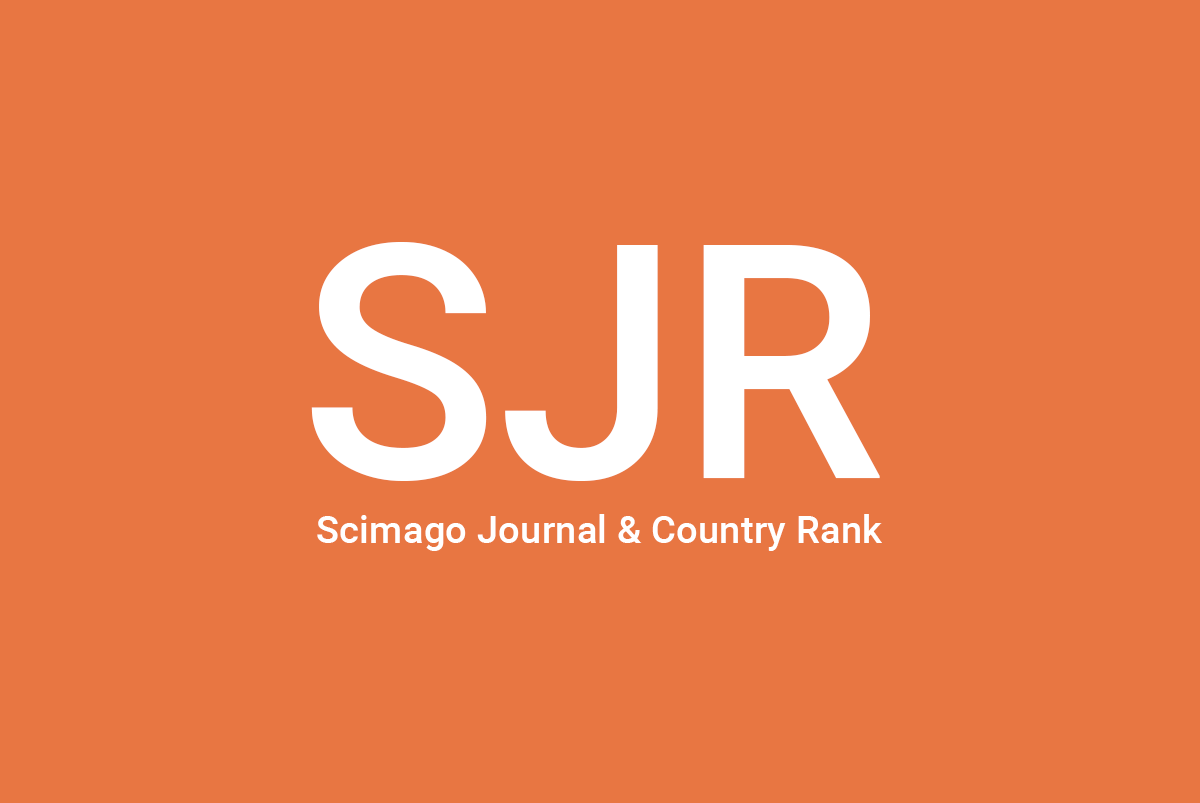The Idea of Life as the First Form of Truth and Freedom
DOI:
https://doi.org/10.24310/Studiahegelianastheg.v7i.12389Palabras clave:
Life; Idea; Organic Unity; Life-Process; GenusResumen
In Hegel’s philosophy, both truth and genuine freedom belong to the domain of the Idea. Life, as it is categorized in the Science of Logic, is the first form and stage of the Idea, and is therefore essential for a comprehension of truth and self-determination. In this paper, I explore why and to what extent Life is self-determining and true. Considering what Hegel considers to be the three fundamental features of all life, I explain how life is self-determining with respect to its organic unity, relationship with the other, and reproductive process. I explicate how the living individual develops and sustains the collective unity of its objectivity, distinguishes itself from its other, yet sustains and regenerates itself through it, and how it raises its universal identity beyond its particular existence through reproduction.
Descargas
Métricas
Publicación Facts
Perfil de revisores N/D
Información adicional autores
Indexado: {$indexList}
-
Indexado en
- Sociedad Académica/Grupo
- N/D
- Editora:
- Universidad de Málaga
Citas
Ebetürk, Emre. 2017. “Hegel’s Idea of Life in Logic and Nature.” PhD diss., University of Georgia, 2017.
Hegel, G. W. F. Philosophy of Nature, Part II of the Encyclopaedia of the Philosophical Sciences. Translated by A.V. Miller. Oxford: Oxford University Press, 2004. [EL]
Hegel, G. W. F. The Science of Logic. Translated by Georgia Di Giovanni. Cambridge: Cambridge University Press, 2010. [SL]
Hegel, G.W.F., Wissenschaft der Logik II. Erster Teil. Die objektive Logik. Zweites Buch. Zweiter Teil. Die subjektive Logik. Werke in zwanzig Bänden. Edited by Eva Moldenhauer und Karl Markus Michel. Frankfurt am Main: Suhrkamp, 1970. [Werke 6]
Hegel, Georg Wilhelm Fredrich. Georg Wilhelm Friedrich Hegel: Encyclopedia of the Philosophical Sciences in Basic Outline, Part 1, Science of Logic. Edited by Klaus Brinkmann and Daniel O. Dahlstrom. Cambridge: Cambridge University Press, 2015.
Kisner, Wendell. Ecological Ethics and Living Subjectivity in Hegel’s Logic: The Middle Voice of Autopoietic Life. New York: Palgrave Macmillan, 2014.
Moss, Gregory Scott. “The Being of the Concept: A Historical and Systematic Inquiry.” PhD diss., University of Georgia, 2014.
Spahn, Christian. Lebendiger Begriff - Begriffenes Leben: Zur Grundlegung der Philosophie des Organischen bei G.W.F. Hegel. Würzburg: Königshausen u. Neumann, 2007.
Spieker, Michael. Wahres Leben denken: Über Sein, Leben und Wahrheit in Hegels Wissenschaft der Logik. Hamburg: Felix Meiner Verlag, 2009.
Trisokkas, Ioannis. Pyrrhonian Scepticism and Hegel’s Theory of Judgement: A Treatise on the Possibility of Scientific Inquiry. Leiden: Brill, 2012.
Winfield, Richard Dien. Hegel and Mind: Rethinking Philosophical Psychology. Palgrave Macmillan, 2009.
Winfield, Richard Dien. Hegel’s Science of Logic: A Critical Rethinking in Thirty Lectures. New York: Rowman & Littlefield Publishers, 2012.
Winfield, Richard Dien. The Living Mind: From Psyche to Consciousness. New York: Rowman & Littlefield Publishers, 2011.
Descargas
Publicado
Cómo citar
Número
Sección
Licencia
Esta revista provee acceso libre inmediato a su contenido bajo el principio de hacer disponible gratuitamente la investigación al público. Todos los contenidos publicados en Studia Hegeliana. Revista de la Sociedad Española de Estudios sobre Hegel, están sujetos a la licencia Creative Commons Reconocimento-NoComercia-Compartirigual 4.0 (específicamente, CC-by-nc-sa) cuyo texto completo puede consultar en <http://creativecommons.org/licenses/by-nc-sa/4.0>. Por ello, se permite la generación de obras derivadas siempre que no se haga un uso comercial. Tampoco se puede utilizar la obra original con finalidades comerciales. La revista no se hace responsable de las opiniones vertidas por lo autores de los trabajos que en ella se publican.
Es responsabilidad de los autores/as obtener los permisos necesarios de las imágenes que están sujetas a derechos de autor.
Los autores/as cuyas contribuciones sean aceptadas para su publicación en esta revista conservarán el derecho de autor. Este es no exclusivo de utilizar sus contribuciones con fines académicos, de investigación y educativos, incluyendo el auto-archivo o depósito en repositorios de acceso abierto de cualquier tipo.
Desde el volumen 7 de 2021 la revista Studia Hegeliana ha modificado el copyright. Desde ese año, los autores son los que conservan los derechos de autor.
La edición electrónica de esta revista esta editada por la Editorial de la Universidad de Málaga (UmaEditorial), siendo necesario citar la procedencia en cualquier reproducción parcial o total.







243.png)






















